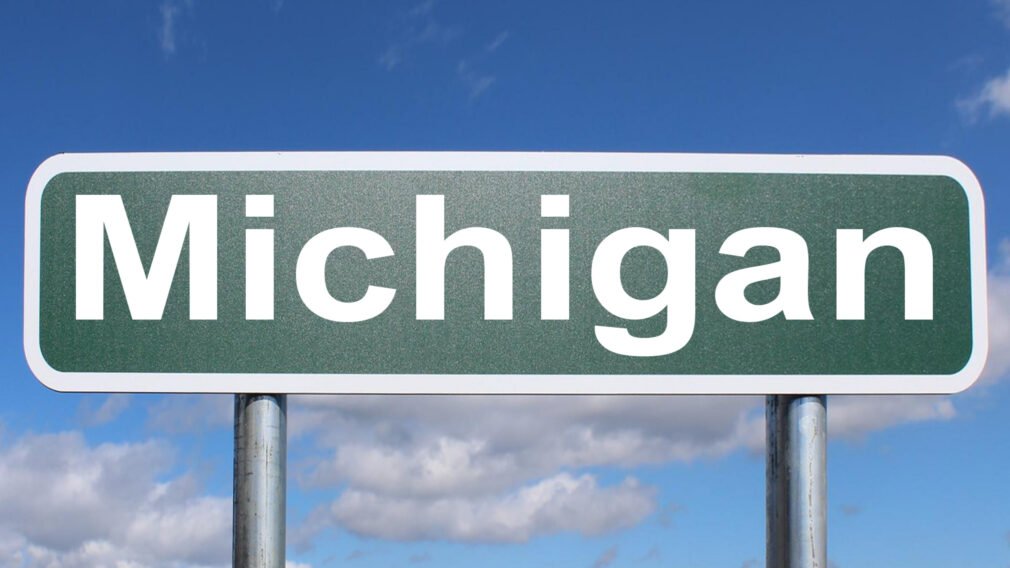Michigan Takes Action Against Illegal Gambling Operators
The Michigan Gaming Control Board (MGCB) has sent cease-and-desist letters to several online gaming operators to stop illegal gambling in the state. The companies targeted are Papaya Gaming based in Tel Aviv, Israel and Ace23 and Ace Per Head based in Costa Rica. The MGCB has given them 14 days to comply and stop Michigan residents from accessing their sites.

Unregulated Mobile Apps
Papaya Gaming has been offering several mobile apps including 21 Cash, Bingo Cash, Bubble Cash and Solitaire Cash which the MGCB has deemed to be illegal gambling in Michigan.
Ace23 operates the website Ace23.ag and Ace Per Head manages Ace23 both of which have been accused of running unregulated gambling sites.
A Focus on Player Protection
Henry Williams, the MGCB executive director, emphasized the agency’s commitment to maintaining a safe and regulated gaming environment in the state.
Williams stated, “The Michigan Gaming Control Board firmly believes in a regulated and safe gaming environment. Illegal gambling is not tolerated in Michigan, and we will take all necessary actions to protect our residents from such unlawful practices.”
He further urged residents to report any suspicious gambling activity, highlighting the board’s dedication to upholding gaming laws and safeguarding consumers.
Michigan iGaming and Sports Betting Market Growing
While these enforcement actions are happening, Michigan’s regulated gaming industry is booming.
In August, commercial and tribal operators reported combined internet gaming and sports betting revenue of $224.02 million, up 1.4% from the previous month.
Internet gaming was $196.66 million and sports betting was $27.36 million.
Revenue and Tax Numbers
Adjusted gross revenue for August was $193.2 million with $176.9 million from iGaming and $16.3 million from online sports betting.
Online sports betting handle was up 11.9% to $280.1 million. Operators paid $37.77 million to the State of Michigan and the three Detroit commercial casinos paid $9.39 million in wagering taxes and municipal services fees to the city.
Recommended
